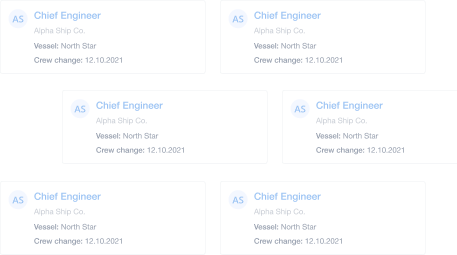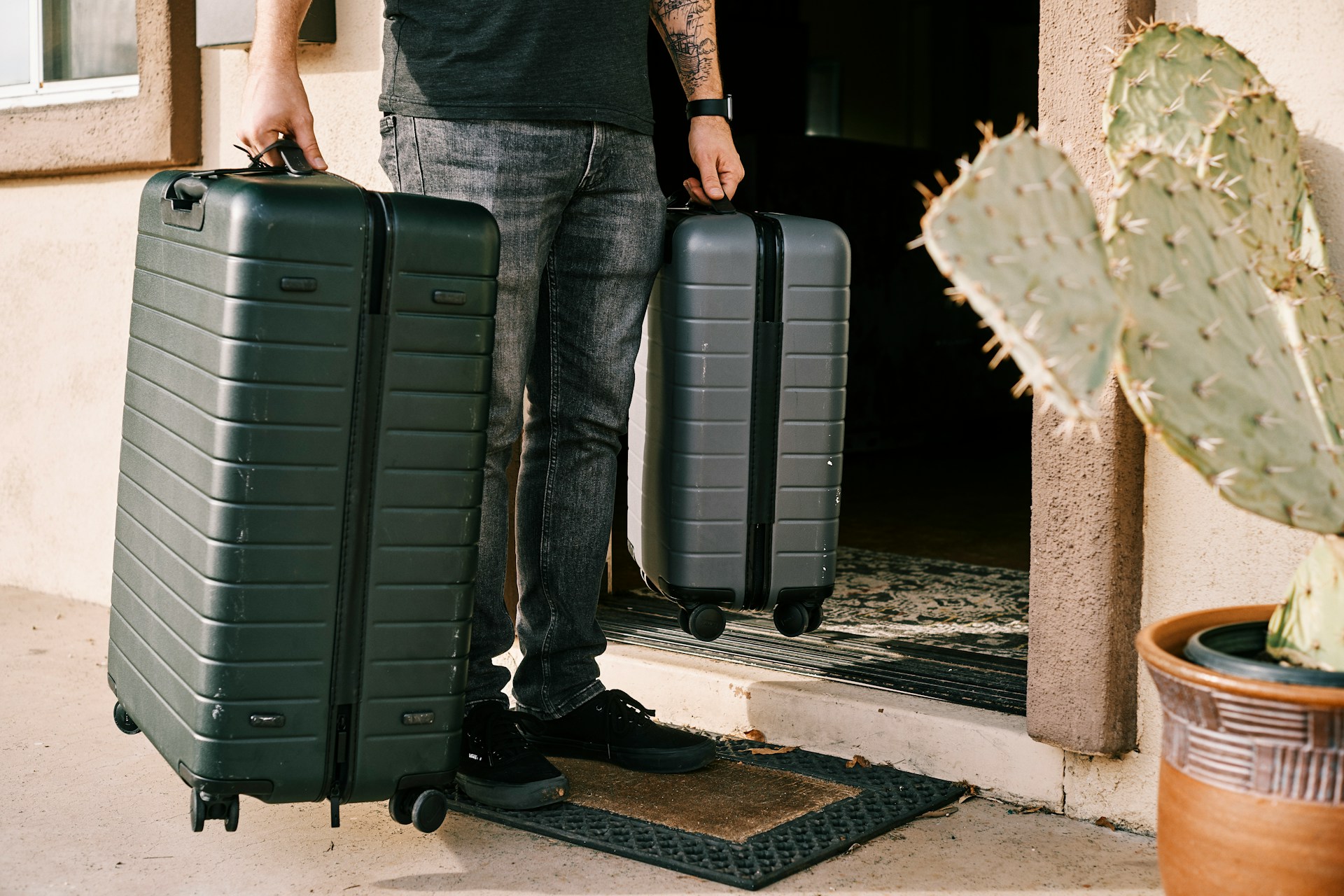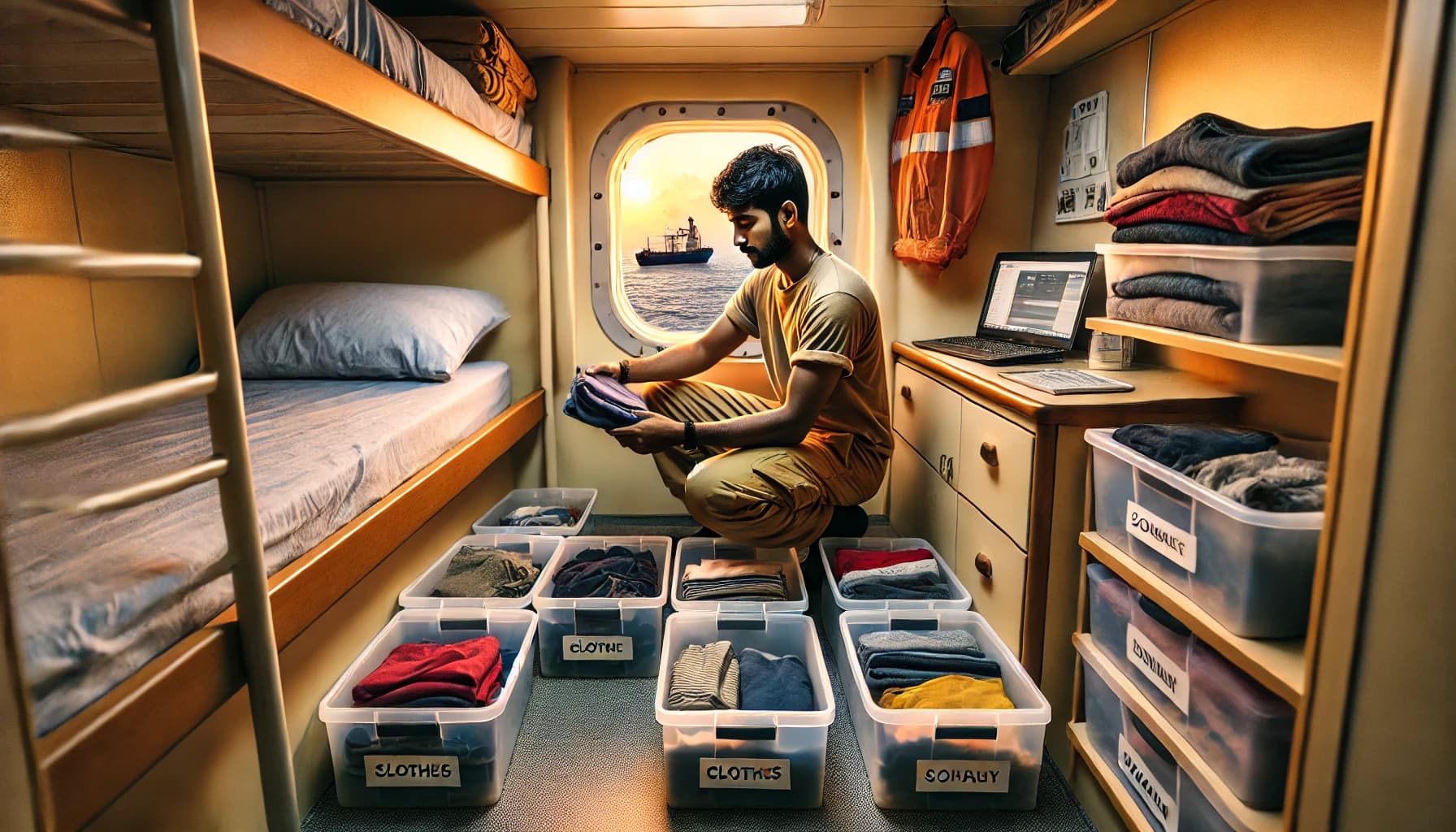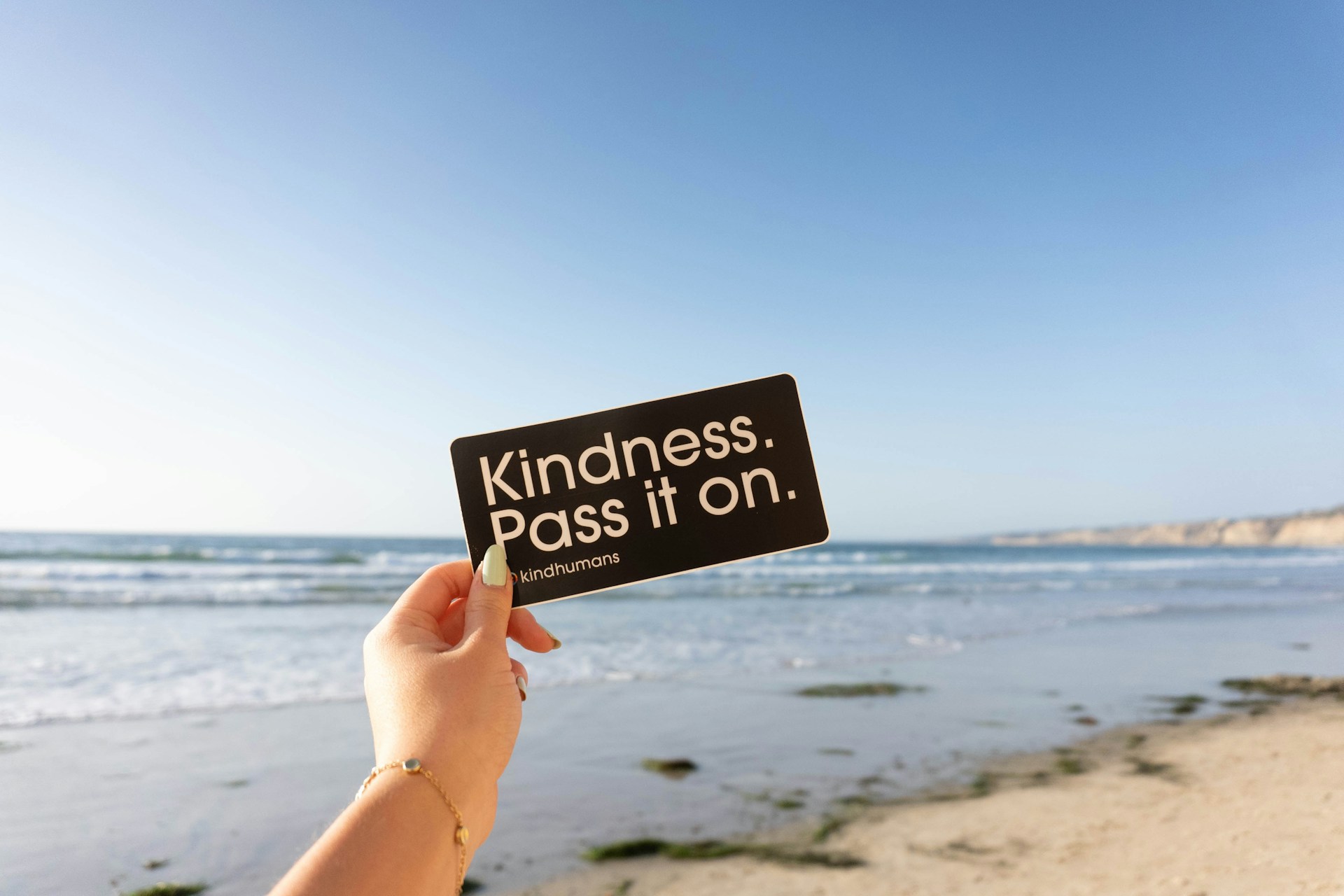As a seafarer, your safety, comfort and sanity are of paramount importance while you're working at sea. And some of that comes down to the things you pack when you're preparing to leave for a contract.
Whether your time spent working on a ship is for a couple of weeks or is considerably longer, the items you take with you in your luggage will be crucial while you're away at sea and this requires meticulous preparation.
Records show that the seafarers of old would fill their sea chests with everything from a blanket and clothes - plus thread, needles and old clothes to patch up fraying garments - to their pipes, jars of butter and their trusty Bible.
And while it’s unlikely you’ll be packing a couple of tubs of margarine in your luggage, you’ll still need to ensure you have a few of those creature comforts that keep your morale up during those long, and sometimes lonely weeks working in a seafarer job.
We’re going to take a look at some suggested - and some must have - items that you should pack when you next sign a seafarer contract, so if you’re relatively new to working at sea, or you’re still waiting to line up your first job on a ship, keep reading.
But first:
Some of the perks of working in a job at sea
One of the upsides to being a seafarer is being able to buy reduced rate airfares. Provided you have your seaman’s book with you, if you need to book a flight, you should be able to get it for a lower cost than the average traveler.

The other big benefit is that having a seafarer's airline tickets will grant you extra baggage allowance – usually of around 40 kg. However as anyone who has ever packed a suitcase can tell you, weight limits are all too often used up all too quickly. And that’s just for two weeks in Majorca - let alone a months-long ocean voyage!
Make the most of your baggage allowance
We’ve talked before about how the digital age is having an effect on modern seafarer jobs, and love it or loathe it, it’s hard to deny that technology can increase the quality of life and dispel those feelings of loneliness, isolation and disconnect that can often come from spending months at sea.
Of course, one huge advantage of technology when it comes to banishing boredom on board is that there is no longer the need to weigh down luggage with books, magazines, DVDs or CDs.
Read more: Seafarer Life Hacks: Dealing with Limited Space & Resources
Thanks to smartphones, laptops, iPads, Kindles, tablets, eReaders and even USB and hard drives, your movies, music and the written word are all now easily portable. As someone working in a seafarer job, you can now have months, even years, of entertainment stored on one small, lightweight device.
But what other essentials should you pack when you’re about to start work in your next job on a ship?
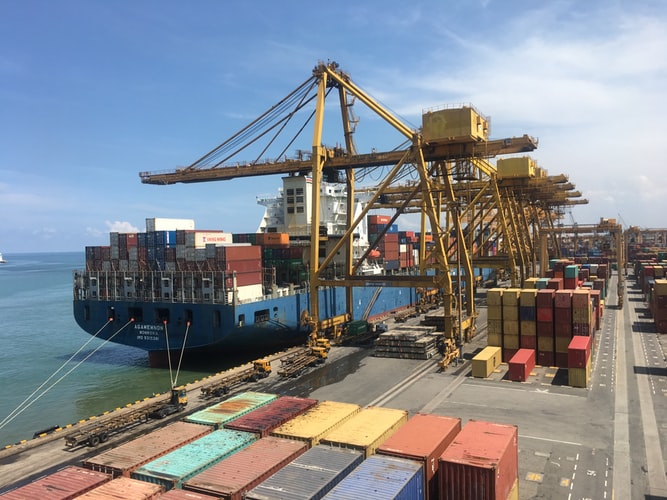
Packing guide for anyone working in a job at sea
You’ve got your entertainment sorted, but obviously there’s a lot more to pack when you’re going to be working at sea than your tunes and some reading material. Here’s what else you need to check off your packing list.
Clothing and accessories
The first rule of packing clothing to work in a job on a ship is to prioritize functionality and comfort over fashion. Here’s what you should consider:
Uniforms: Your employer may take care of this for you but depending on your company’s policy, multiple sets of uniforms may be necessary. Ensure everything is clean and in good repair if you are responsible for packing these..
Work gear: Most employers will ensure that working and safety gear is provided onboard but if you have had issues in the past, or if you haven’t worked for the company before, you might want to ask other seafarers who already work for them what the quality and comfort is like.
If it’s reportedly not that great, you might want to take your own durable work pants, some heavy-duty shirts and sets of overalls. If you are taking your own gear, make sure you opt for materials that resist wear and tear and that can protect you against the elements. These are necessary, especially if you’re a member of the deck crew or engineering department.
Weather-appropriate clothing: Check your trading area with the shipping company or manning agency in advance and pack clothing suitable for the climate you will be operating in. Include thermal wear for cold weather, and lighter materials like cotton for warmer climates.
Footwear: Waterproof or water-resistant boots are a must. Additionally, bring comfortable shoes for off-duty hours.
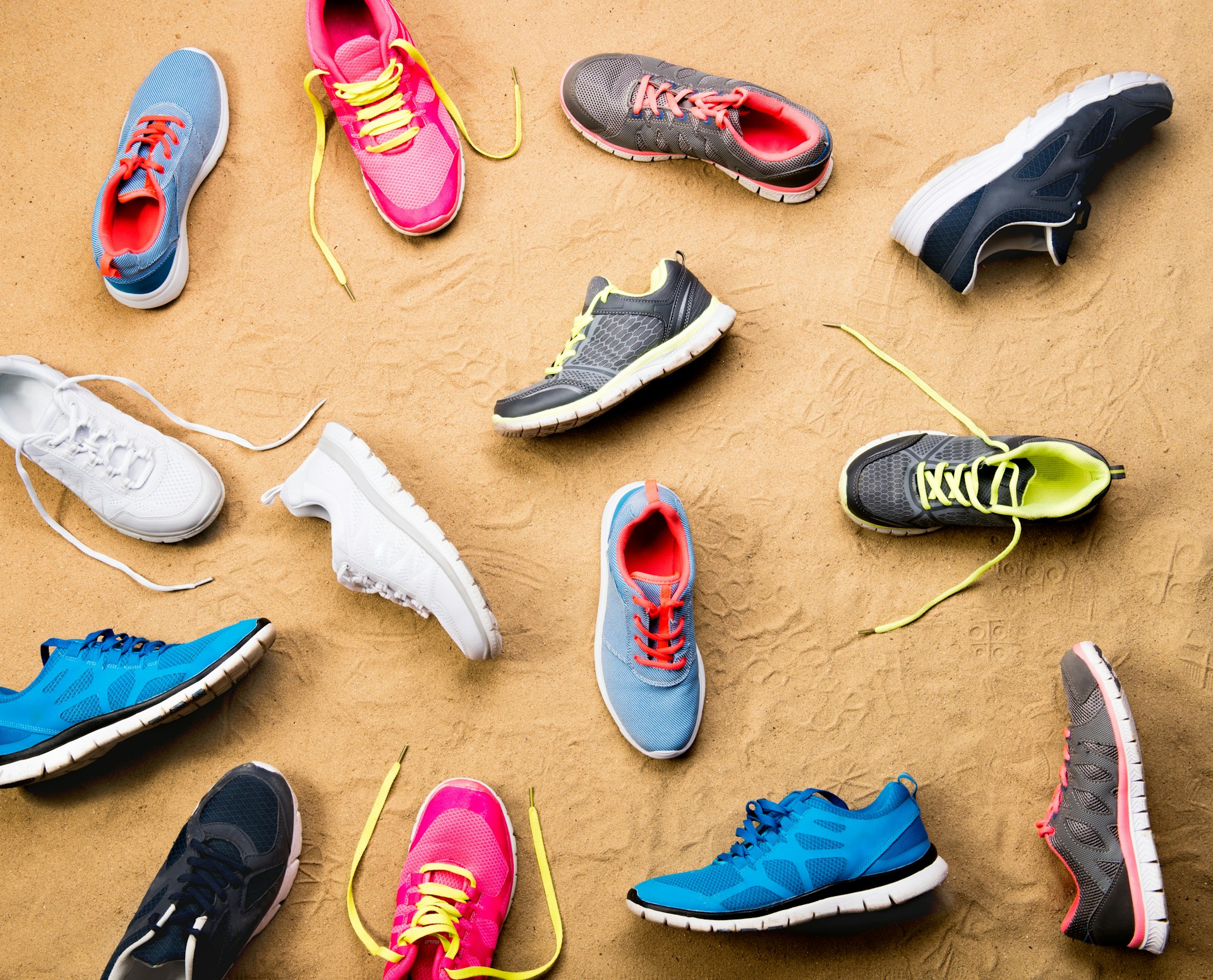
Personal clothing: For off-duty times, include comfortable clothing such as shorts, t-shirts, sweatpants and appropriate sleepwear in your seafarer packing list. And don’t forget workout gear if you’re planning to hit the gym onboard your vessel. Your swimming trunks are a must too if you’re lucky enough to be working on a ship with a pool.
Toiletries and personal care items
Limited space and patchy access to supplies while at sea mean packing sufficient personal care items is crucial. Make sure you take enough of everything to last for the time you’re onboard - a quick turnaround in the ports you visit may not leave enough time to go shopping for shaving foam and toothpaste!
Basic hygiene: Obviously you’ll be packing a toothbrush, but it may be a good idea to take two, given that dentists recommend you change your toothbrush every three to four months. Also in your toiletry bag, you’ll need an ample supply of toothpaste, deodorant, shampoo, face wash, soap, and perhaps a supply of razors and shaving cream.
Some seafarers like to also pack a hair trimmer to keep both head and facial hair in check on a longer voyage.
Medication and first aid: Don’t forget to order any prescription medicine you take in advance of your embarkation so that you can pack these and any other personal medications you take. A basic first aid kit including pain relief, band aids, adhesive bandages, and, if you suffer from seasickness, motion sickness tablets is also a good call.
Read more:9 Things To Do Before Leaving Home for a Job at Sea
Make sure you also pack any contact lenses or prescription glasses that you wear - including a back-up in case you lose or break a pair. Also essential is sun protection such as sunscreen, a lip balm with SPF, and after-sun lotion - an essential if your route includes sunny climates and you’re a member of the deck crew.
Documents and money
Keeping your important travel and seafarer documents safe and readily accessible is crucial. After all, you won’t be going far if you leave home without your seaman’s book or your passport! Storing documents in a waterproof ziplock bag or folder is a good idea as well as keeping digital copies of them online - in your Martide seafarer profile, obviously!
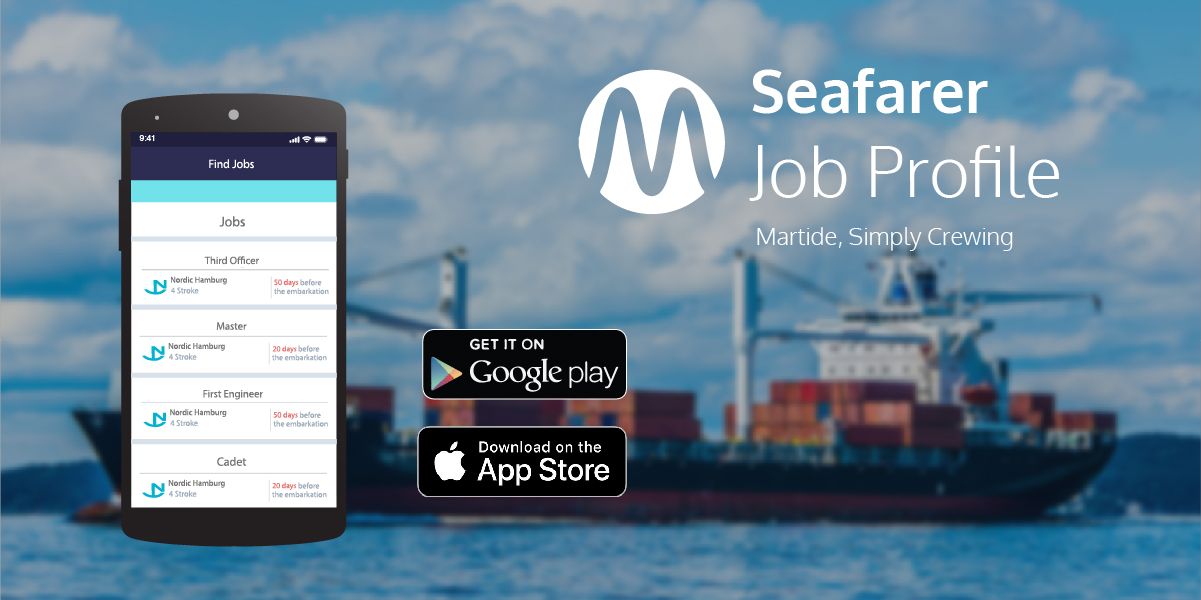
Read more: How to Deal with Lost Luggage & Documents When Working at Sea
It’s also a good idea to carry a small amount of local currency for ports in case you need to buy something such as toiletries, snacks or a phone card. Also ensure you have a secure way to access funds, such as a debit card that works anywhere in the world.
And talking of snacks…
Snacks and drinks
Of course, your meals will be provided onboard your ship while you’re working in a job at sea but having your favorite snacks from home with you can be a real comfort at the end of a long shift or watch, and especially for those moments when homesickness strikes.
Non-perishable snacks: Nuts, dried fruits, or energy bars can be handy between meals. Or if you have a specific type of instant noodle that you can’t live without while you’re away working in a seafarer job, use some of that extra luggage allowance to stock up!
Tea bags: Having easy access to a good cuppa is often cited by those working in a job at sea as one of life’s little must-haves, so if you can’t get by without a brew, make sure to take a big box of tea bags. For easier transportation, empty them into a sealable plastic bag and throw the box away. The same goes for sachets of instant coffee if that’s more your thing.
Reusable water bottle: Staying hydrated is crucial, and a reusable bottle is environmentally friendly and allows you to carry your H2O with you wherever you go onboard.
Gadgets and entertainment
We touched upon your electronic devices such as iPads, Kindles, MP3 players, and laptops above, but it’s worth reiterating. Long periods at sea can sometimes become a little on the monotonous side, so remember to pack items that will keep you entertained and connected.
Electronic devices: Your smartphone, and laptop or tablet are a given - but whatever you do, don’t forget their chargers! As we mentioned at the beginning of this post, consider also packing a portable hard drive or USB sticks with movies and music stashed on them.
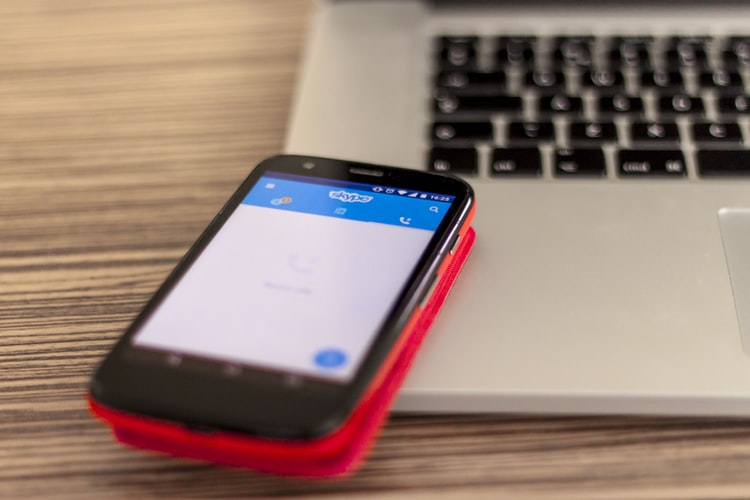
And don’t forget to pack a Bluetooth speaker if you want to share your playlists with your crewmates - plus Bluetooth headphones for when you’re listening to tunes in the gym, or trying to fall asleep by listening to a podcast or audiobook.
Books and games: You might also like to throw some old school entertainment into the mix too, and a great book, and compact games such as solitaire, mini chess or playing cards can be a great way to unwind.
Adapters and converters: Different ports may require different plug types, so bring the appropriate adapters if you think that you’ll need them.
Mobile apps: Okay, we know you don’t pack an app, but downloading anything you think may come in useful while you’re still connected to decent wifi at home is a good idea. Apps are another way of staying connected with the outside world when you’re miles away from home and days or weeks away from port.
Whether you’re a news junkie getting your daily fix from the BBC, you like to kick back in your free time with online games, you can’t live without social media, or you have a keen interest in photography and capturing life onboard, there are a myriad of applications to keep you occupied in your downtime.
You could even use Martide’s mobile app if you want to find and apply for your next job at sea while you’re still onboard!
Miscellaneous items
Lastly, some miscellaneous, but still important, items that can make all the difference between a ‘thank goodness I thought to bring that!’ and an epic fail!
Flashlight: Torch, flashlight, however you call it, this will prove essential in the event of a power outage or an emergency. Or even for just reading in your bunk at night.

Notebook and pens: For jotting down notes or perhaps keeping a personal diary or journal.
Coursework: If you have any training or studies that you need to work on or complete while you’re working on a ship, don’t forget to pack everything you need in relation to that, including books, stationery, a calculator, pens and pencils, and a ruler.
Sewing kit: A life spent working at sea is a self-sufficient life and a mini sewing kit will come in handy in the event that you need to make a quick clothing repair or reattach a button.
Family photos: Finally, don’t forget to pack a couple of photos of your loved ones to stick up on the wall of your cabin or place on your desk, if you have one. A quick glance at their smiling faces will keep you going throughout the day and remind you why you’re working away at sea.
The packing guide for those working in seafarer jobs: conclusion
Packing for a journey at sea in the merchant marines (or merchant navy) requires thoughtful consideration of both the necessities and the comforts that make all of that hard work on a ship and your time away from home more pleasant and manageable.
We hope this post will help you plan for your next job at sea, which by the way, you might be able to find on Martide’s online seafarer jobs board!
And if you think we’ve missed anything, why not let us know on one of our social media accounts? You can find us on Facebook, Twitter / X and LinkedIn.

Eve Church
Eve is Martide's content writer, publishing regular posts on everything from our maritime recruitment and crew planning software to life at sea. Eve has been writing professionally for more than two decades, crafting everything from SEO-focused blog posts and website landing pages to magazine articles and corporate whitepapers.
UK

is the only site for maritime jobs
